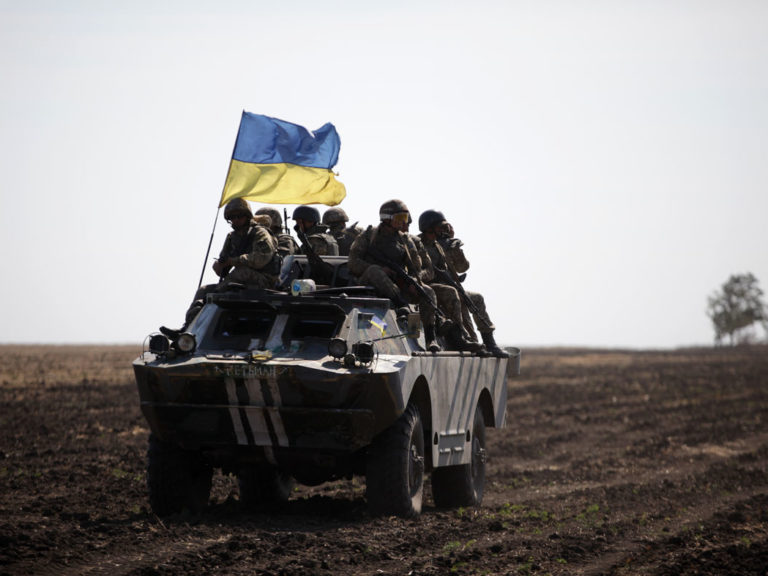Image
Thomas ChristensenJames T. Shotwell Professor of International RelationsDirector, China and the World Program
The brutal 2022 Russian invasion of Ukraine changed world politics far from the front lines of the war and carries serious implications for China’s foreign relations, including U.S.-China relations. While I believe that China was surprised and upset by the Russian attempt to overthrow a sovereign government by military means, President Xi Jinping could not condemn Russia and thereby distance himself from his strategic partner, Vladimir Putin. After all, the two leaders had issued a long statement of Sino-Russian strategic partnership earlier that month during the Beijing Winter Olympics. Instead, Beijing’s diplomacy parroted Moscow’s propaganda, portraying a war of invasion and conquest, as merely a crisis or conflict, and blaming the United States and NATO for causing that crisis or conflict, and prolonging it through military and economic support for Ukraine. This Chinese spin alienated not only the United States but many nations in Europe, with whom China previously had much better relations.
On the other hand, Beijing has never fully allied with Moscow and, until very recently, apparently avoided giving significant material backing to Russia during the war. The United States has threatened China with significant secondary sanctions if Beijing were to offer such support to Russia while it is under multilateral U.S.-led sanctions. So, in the early months of the war Beijing walked a tightrope, on the one hand offering Moscow diplomatic support and, on the other hand, refusing Russia significant material support that could alienate China further from the United States and its allies and partners, on whom China still depends for its economic well-being. But as Putin’s war effort sputters and fails and the multilateral sanctions on Moscow weaken Russia, China appears to be falling off the tightrope on to the Russian side. What concerned me last year seems to be coming to fruition. According to public reports and U.S. government statements, Beijing appears now to be preparing to offer Russia significant material support, to include military items, to help prevent Putin’s Russia from losing the war outright.
For the Chinese Communist Party regime stability is the most important security consideration. The notion that under pressure from the United States and its allies, Vladimir Putin, President Xi Jinping’s avowed “best friend,” might lose the war outright and, potentially, lose his grip on power in Moscow is too dangerous a prospect for Xi’s Chinese Communist Party. If expected Chinese efforts to shore up Russia are followed by U.S. sanctions and Chinese retaliatory economic measures, this will accelerate economic decoupling of the two nations, heighten bilateral political tensions, and increase the danger of Sino-American war over their long-standing differences over policies toward Taiwan.

